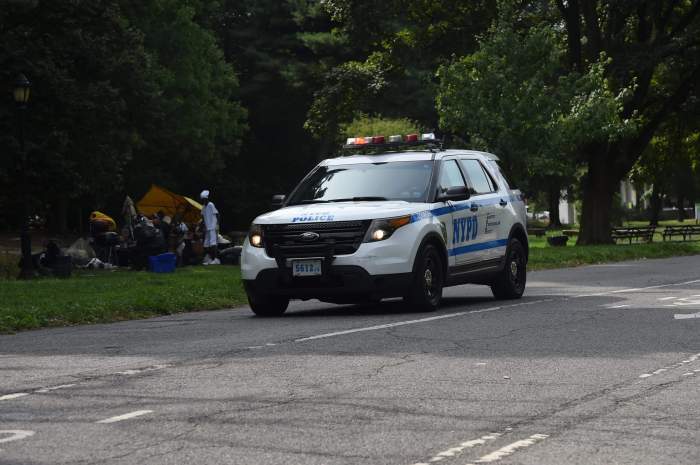As a child, I knew lean times — times when I had to forego things my classmates had and could afford. At one time or another I’ve heard “sorry, but those sneakers are just too expensive, and we can’t afford to buy those right now.” “I made so many mistakes as a young man because I never had a background in basic financial education, and I wasted so much money.
I believe we need financial education taught to every young New Yorker so they can have an early start on establishing a bright financial future. Teaching these ‘soft skills’ is foundational, like ensuring the gears of a machine are properly oiled, to closing the inequality gap and helping create self-sufficient families.
Recently, I put my support behind S.2452/A.1357, legislation that would establish a financial education curriculum in grades 9 through 12 across New York State. At least five states currently require a personal finance course to graduate high school, including Alabama, Missouri, Tennessee, Utah, and Virginia; in September, New Jersey will require all middle schools to offer financial education.
Since arriving at Brooklyn Borough Hall, I’ve committed to improving the financial literacy of all Brooklynites, including an understanding of how money works, how one earns and manages it, and how to invest or donate to help others in need. Partnering with organizations in the financial services, grassroots, and small business communities, my administration has organized and supported hundreds of free educational opportunities across the borough since 2014, which have taught nearly 4,500 residents the necessary skills to make wise everyday financial decisions.
I declare every April to be Financial Education Empowerment Month in Brooklyn, highlighting the importance for families to make smart budgeting decisions, avoid financial scams, and monitor their expenses. Still, these efforts are no substitute for classroom instruction at an early age, helping young men and women avoid the pitfalls that can handicap their opportunities.
It is of the utmost urgency that our children and grandchildren learn to navigate the world of personal finance at an early age. Implementing a financial education curriculum has been demonstrated to improve students’ credit scores and increase savings rates. This is particularly impactful when we consider the number of millennials who are concerned about their finances.
A 2016 survey from Bank of America found that only 16 percent of Americans between ages 18 to 26 are very optimistic about their financial future, which for many includes part of the trillions of dollars in student debt that our nation’s borrowers carry. Perhaps even more alarming, a 2018 report by Economic Well-Being of U.S. Households indicated that a full forty percent of American households did not have enough money to cover a $400 emergency expense. Many more families are struggling on top of that when we note differences in education levels, race, ethnicity and geography.
As borough president, I realize that Brooklyn cannot thrive if its families can’t survive on their finances. All Brooklyn families also want their children to thrive, and be assured their children will be able to survive and overcome challenges that they may face in the future, by getting a head-start on financial literacy. That’s why a holistic 21st century education needs to include financial education.
Eric L. Adams is borough president of Brooklyn. He served 22 years in the New York City Police Department (NYPD), retiring at the rank of captain, as well as represented District 20 in the New York State Senate from 2006 until his election as borough president in 2013.


















